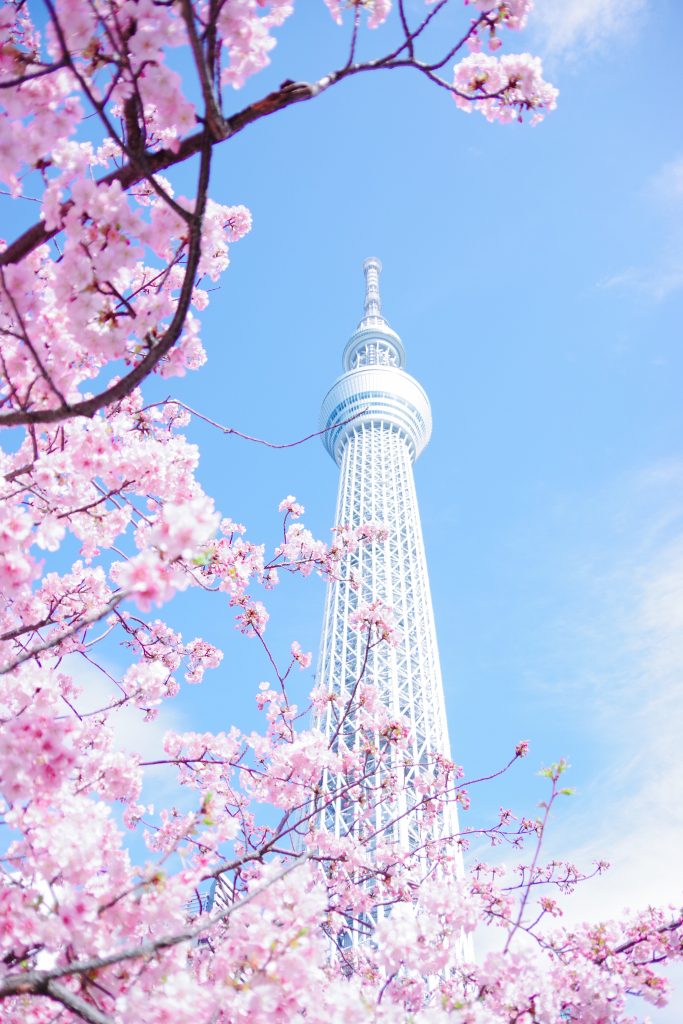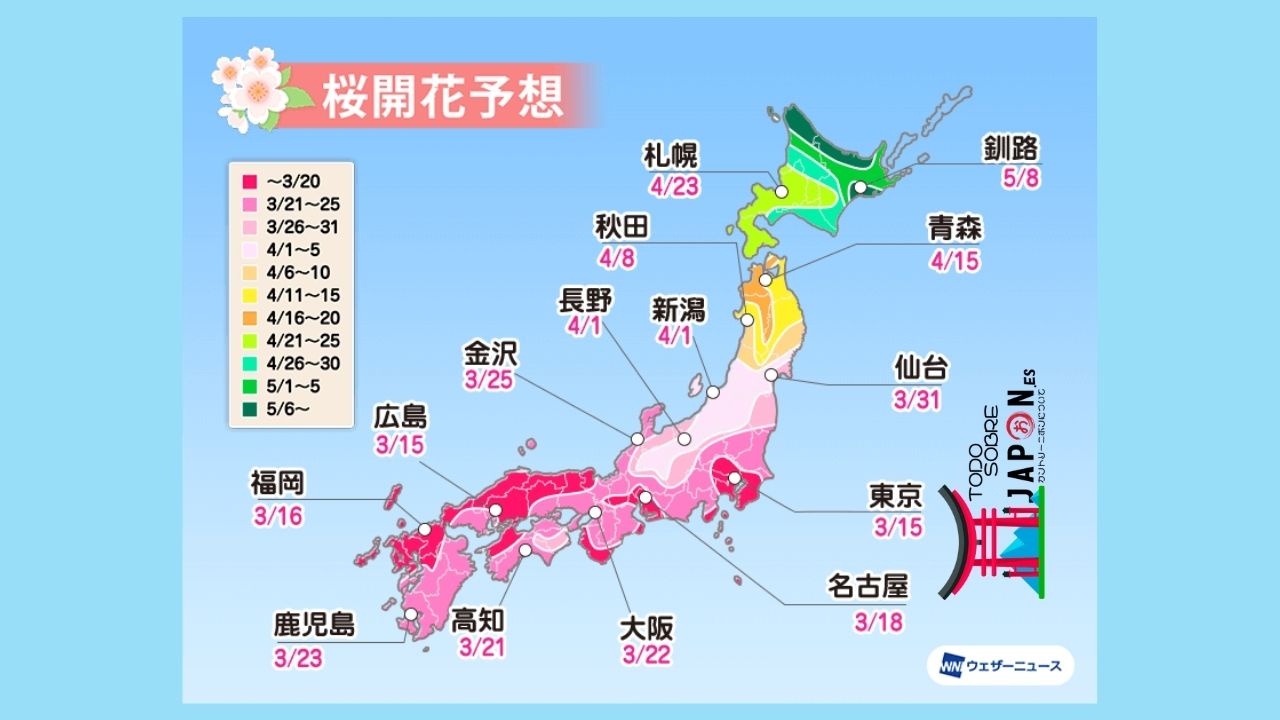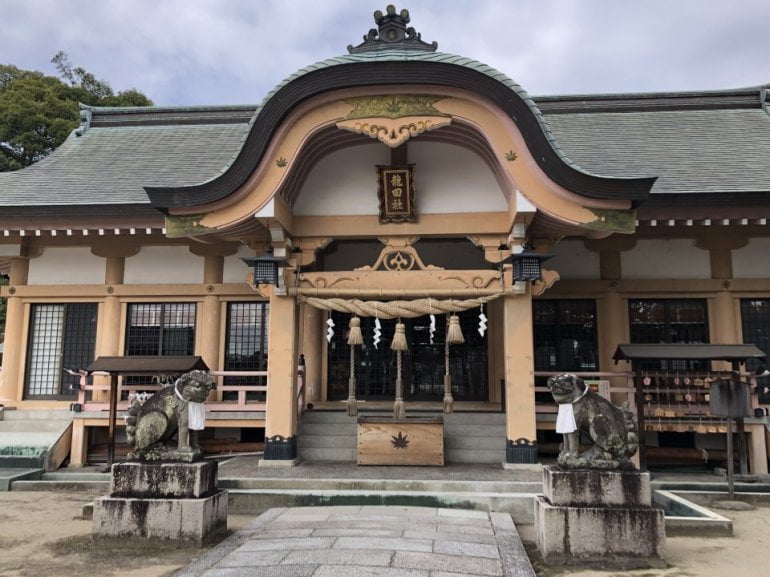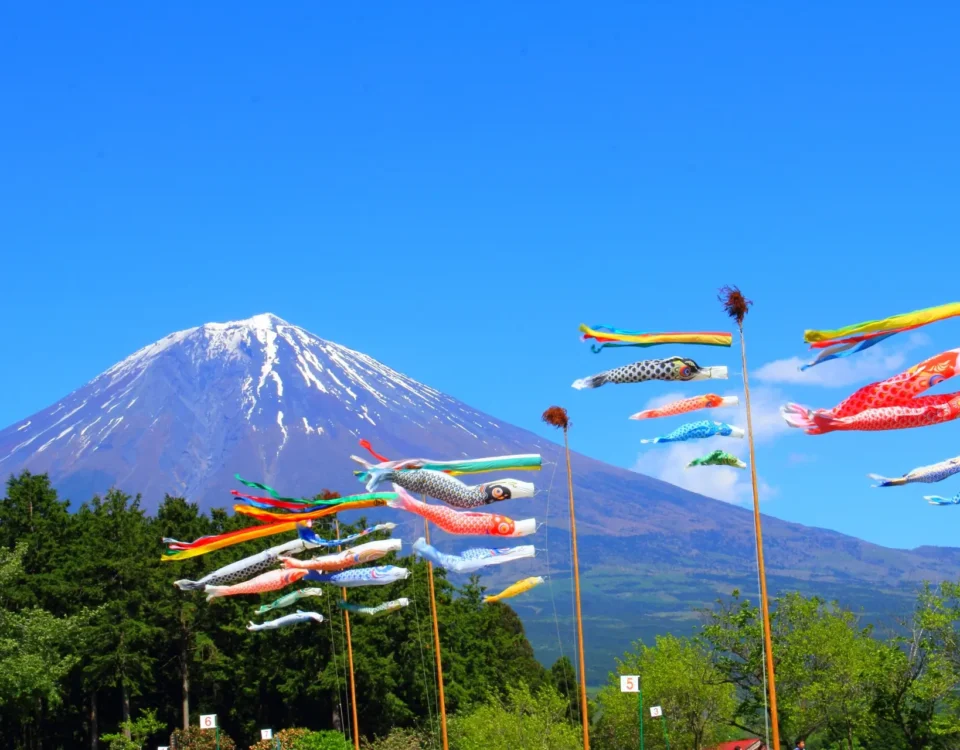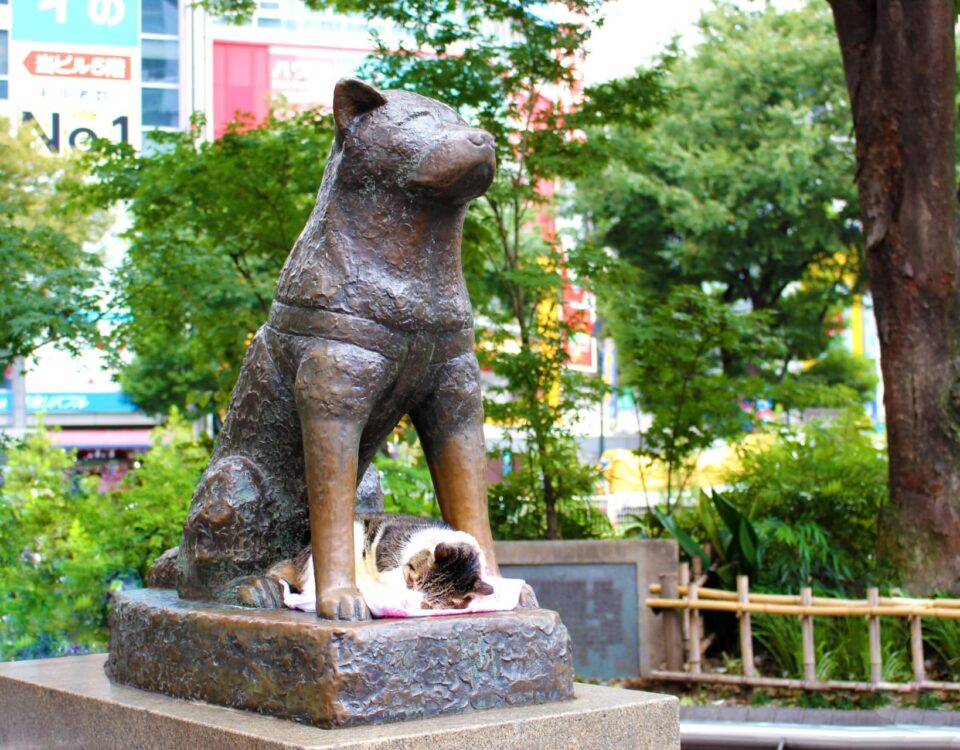????✅ Discover the dates of all the places in Japan, where the Japanese cherry blossoms will be the protagonists. But remember the sakura 2023 only last a few days.
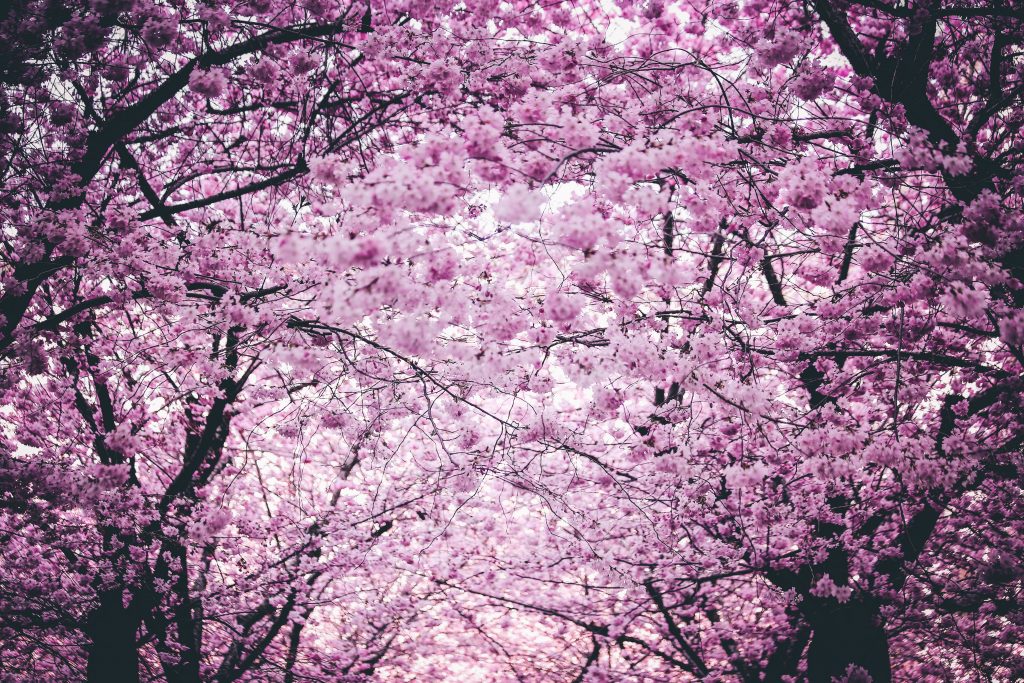
Japanese Cherry Blossoms 2023
Wondering when is the Japanese cherry blossom season 2023?
Well, here are the dates below from the Japan Meteorological Corporation.
The 2023 Japanese cherry blossom forecast is based on several factors, including temperature minimums in autumn and winter, and past area data.
Japanese Cherry Blossoms 2023 in Tokyo
Japanese Cherry Blossoms 2023 in Tokyo will be held on March 22nd
- Full bloom: March 30 (will last 2 weeks until leaf fall)
Japanese Cherry Blossoms 2023 in Sapporo
The Japanese Cherry Blossoms 2023 in Sapporo will be held on May 2nd.
- Full bloom: May 5
Japanese Cherry Blossoms 2023 in Sendai
The Japanese Cherry Blossoms 2023 in Sendai will be held on April 8, 2023.
- Full bloom: April 13
Japanese Cherry Blossoms 2023 in Kanazawa
The Japanese Cherry Blossoms 2023 in Kanazawa will be held on April 4th.
- Full bloom: April 10
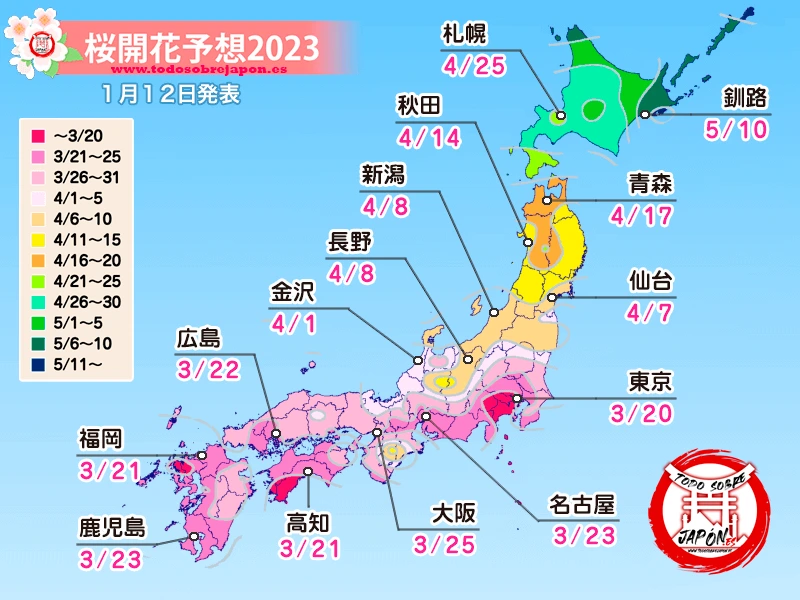
Japanese Cherry Blossoms 2023 in Nagoya
Japanese Cherry Blossoms 2023 in Nagoya will be held on March 25.
- Full bloom: April 4
Japanese Cherry Blossoms 2023 in Kyoto
Japanese Cherry Blossoms 2023 in Kyoto will be held on March 27th
- Full bloom: April 5
Japanese Cherry Blossoms 2023 in Osaka
The Japanese Cherry Blossoms 2023 in Osaka will be held on March 28th.
- Full bloom: April 5
Japanese Cherry Blossoms 2023 in Hiroshima
The Japanese Cherry Blossoms 2023 in Osaka will be held on March 26th.
Full bloom: April 4
Japanese Cherry Blossoms 2023 in Fukuoka
Japanese Cherry Blossoms 2023 in Fukuoka to be held on March 23rd
Full bloom: April 1
Cherry blossom (sakura) 2022
■ FLOWERING FORECAST POINTS ■
・ First point: Flowering begins in Tokyo on March 15.
・ Second point: They expect no delay in breaking dormancy due to strong cold fronts.
・ Third point: Possibility of accelerated growth due to severe winter and spring warmth.

For the next cherry blossom season, the “third cherry blossom forecast” will be announced for the 2022 Hanami.
Calculated based on 2 million Sakura reports and weather forecasts received from “Project Sakura” participants over the past 17 years.
The-blooming-of-pig-trees-begins-on-March-15-when-sakura-bloom 2022
Let’s see a picture of the cherry blossom in 2022 and another one from 2021 so that you can compare, that in 2022 everything starts earlier.
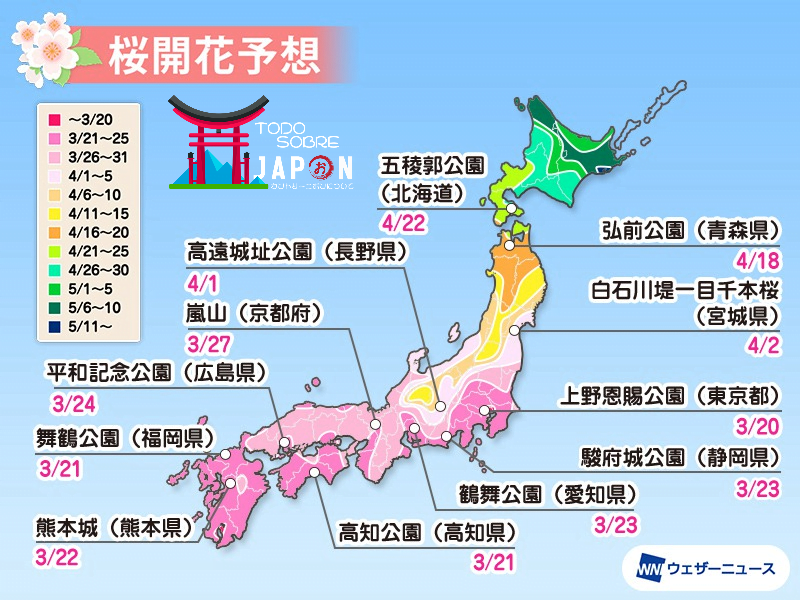
And now let’s compare in 2022
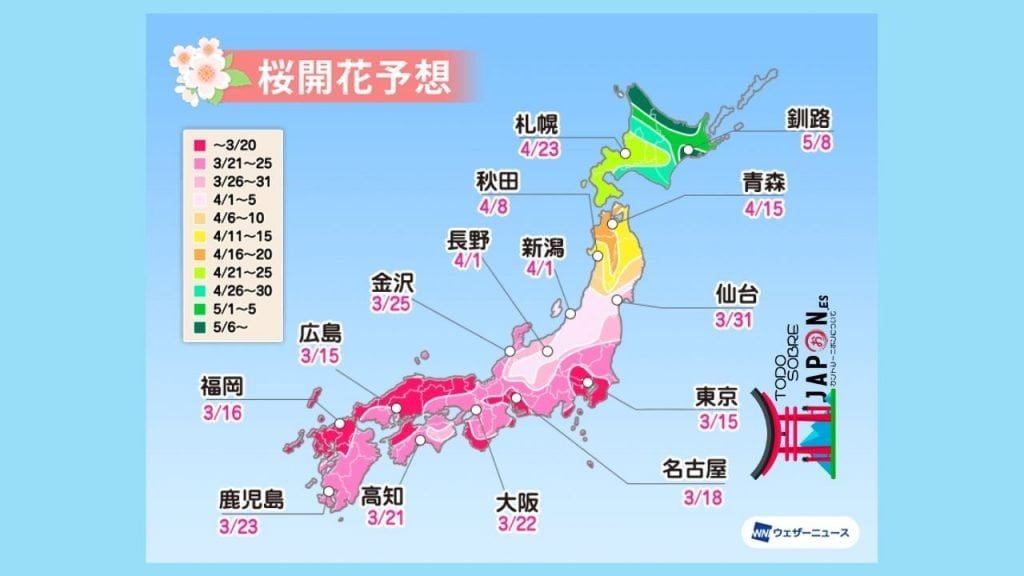
Yoshino cherry blossom in 2022 will be earlier than normal.
There are many locations that are about the same as last year and the average year (average of the last 5 years).
However In Kanto and Tohoku, it is expected to be 5 days later than last year when it bloomed early.
The experts say (about the cherry blossom 2022): japanese cherry blossom
Experts believe that the temperature in March in western and eastern Japan will be a little higher than normal, and the buds of cherry blossoms will grow steadily for a good Cherry Blossom (sakura) 2022
The weather changes cyclically, but the second half of the day has more sunny days and the warmth of the sun is likely to boost flowering.
Flowering will start in Tokyo on March 15, as will Hiroshima ahead of the rest of the country, followed by Yokohama, Fukuoka and Kochi on March 16.
It is expected to bloom in various parts of western and eastern Japan in late March.
Also in Niigata and Nagano in early April.
The growth of the buds is progressing smoothly.
Bloom will start in Sendai and Fukushima on April 1, and the cherry blossom front will land in Hokkaido at the end of April.
It is expected to bloom in Sapporo on April 23 and in Kushiro on May 8.
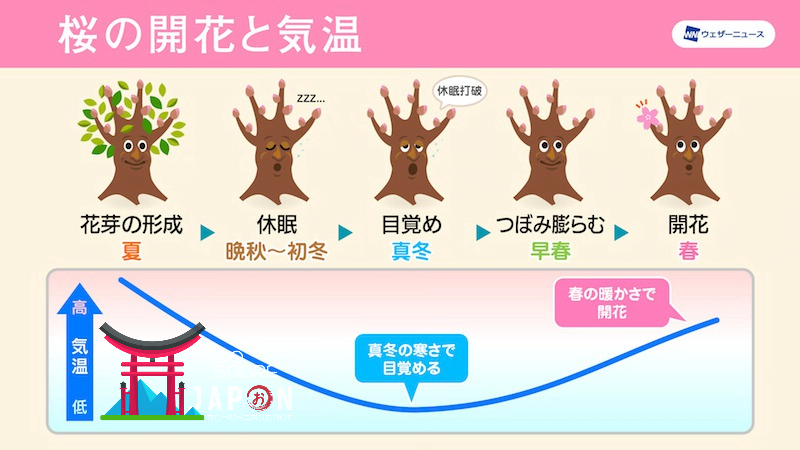
What will the buds of the sakura flower look like:
Cherry blossom buds are produced from summer to autumn when the temperature is high, and in winter they remain dormant and stop growing.
After that, when exposed to severe winter cold for a certain period of time, flower buds wake up from dormancy (breaking dormancy) and start growing again towards flowering.
Blossoming cherry blossoms require not only the warmth of spring but also the cold of winter. Frequent chills from late last year to early January this year brought record heavy snowfalls.
This effect is believed to have broken the dormancy of cherry blossom buds across the country.
Even in Kagoshima, where dormancy progress was delayed due to the influence of last year’s warm winter.
The dormancy advance is believed to be progressing this year, so expect flowering time to be a little earlier than normal and more than normal. a week earlier than last year.
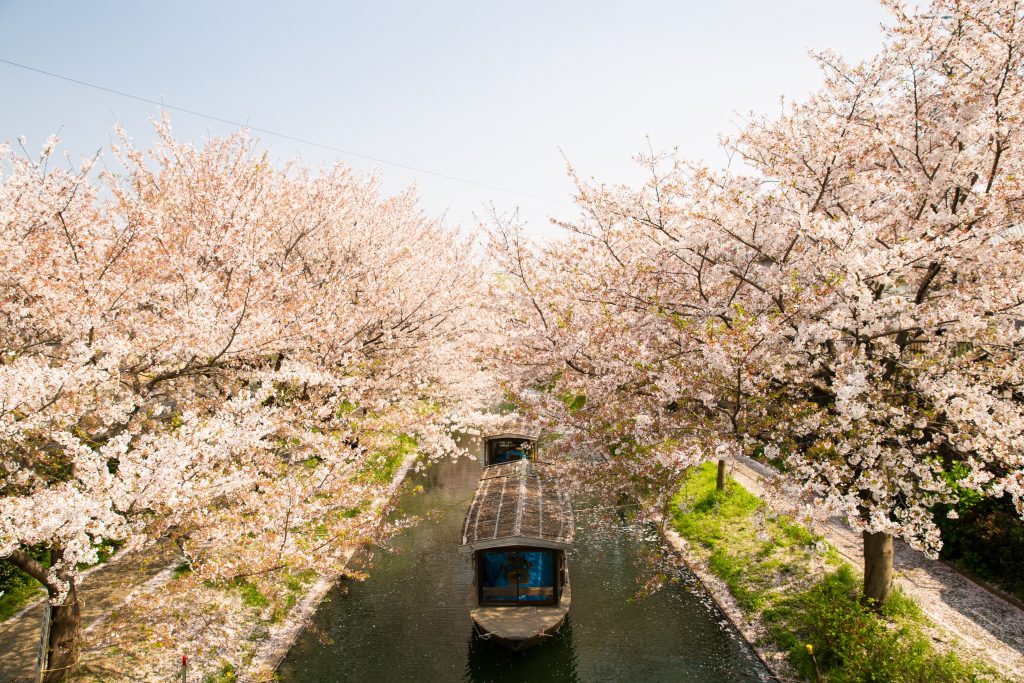
POSSIBILITY OF ACCELERATED GROWTH DUE TO SEVERE WINTER AND SPRING WARMTH (japanese cherry blossom)
Similar to now, the cherry trees in 2018, when the La Niña phenomenon occurred in winter, bloomed earlier than normal throughout the country and became the first full bloom in the history of observation in Kinki, Sanin, Tokai, Kanto, etc.
The reason why cherry blossoms grew faster this year was that the winter temperature was low nationally due to the influence of the La Niña phenomenon, and in addition to the dormancy being broken, the number of warm days increased from February to March. and buds grew It is believed that growth accelerated.
They think dormancy was constantly interrupted by frequent cold snaps this season, and how warm it will be in the future will affect the speed of flowering and full bloom.
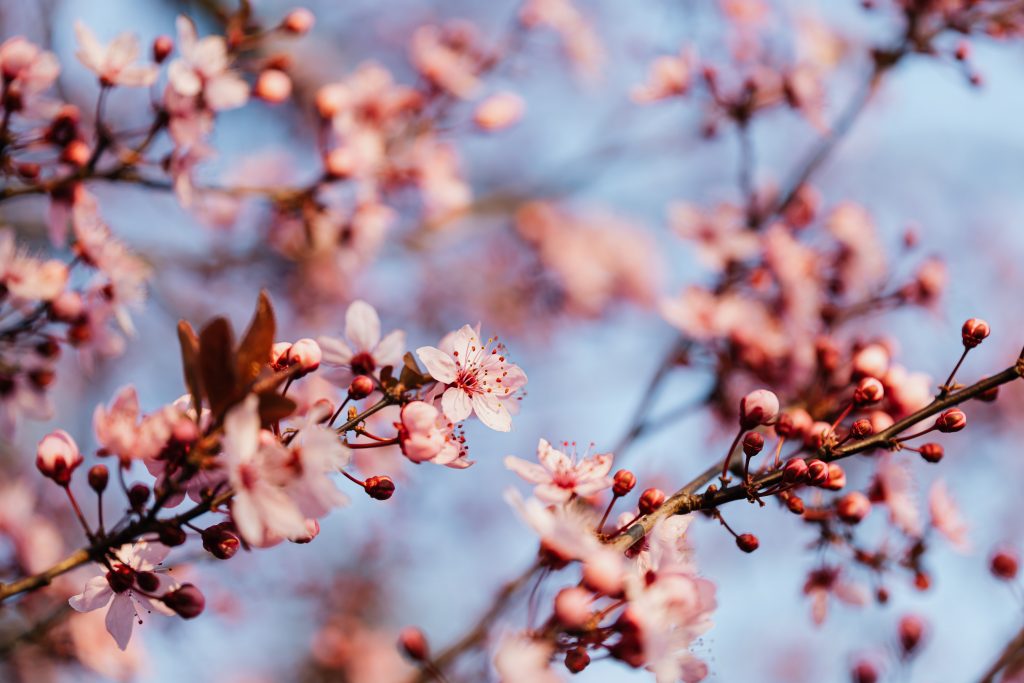
ABOUT THE CHERRY BLOSSOM FLOWERING SEASON
Cherry blossoms tend to bloom earlier each year, and in the last 10 years, from 2011 to 2020, cherry blossoms bloomed later than the normal bloom date only twice in 2011 and 2012.
This is said to be related to the effects of recent climate change and urbanization, as well as the aging of the cherry blossom trees.
Cherry trees tend to bloom earlier as they age.
For this reason, the Japan Meteorological Agency replaces sample trees depending on the flowering and full flowering situation, but even in the year when the temperature has passed the normal level, the flowering time may be earlier than the normal year.
DEFINITION OF FLOWERING japanese cherry blossom:
-Normal year: average value from 1981 to 2010
-Average year: average 2016-2020
- Very early: 7 days or more ahead of standard
- Early: 5 to 6 days earlier than standard
- Slightly early: 3-4 days ahead of standard Average: difference from standard within 2 days
- Slightly late: 3-4 days later than standard and Late: 5 to 6 days later than standard
- Very slow: 7 days or more slower than standard
